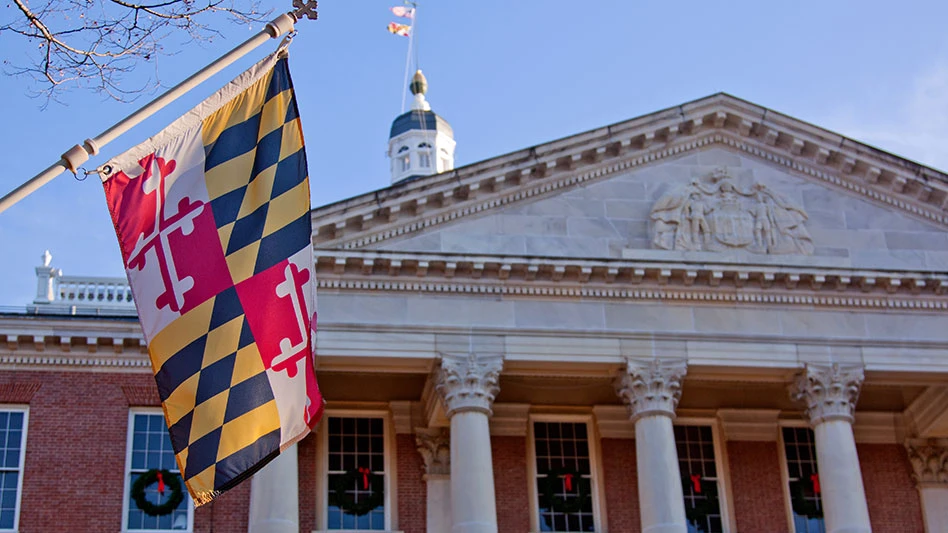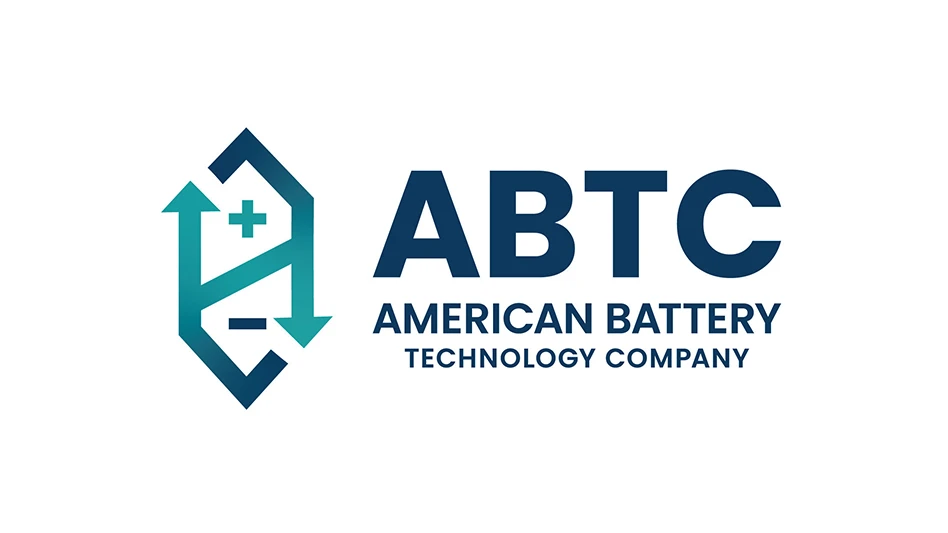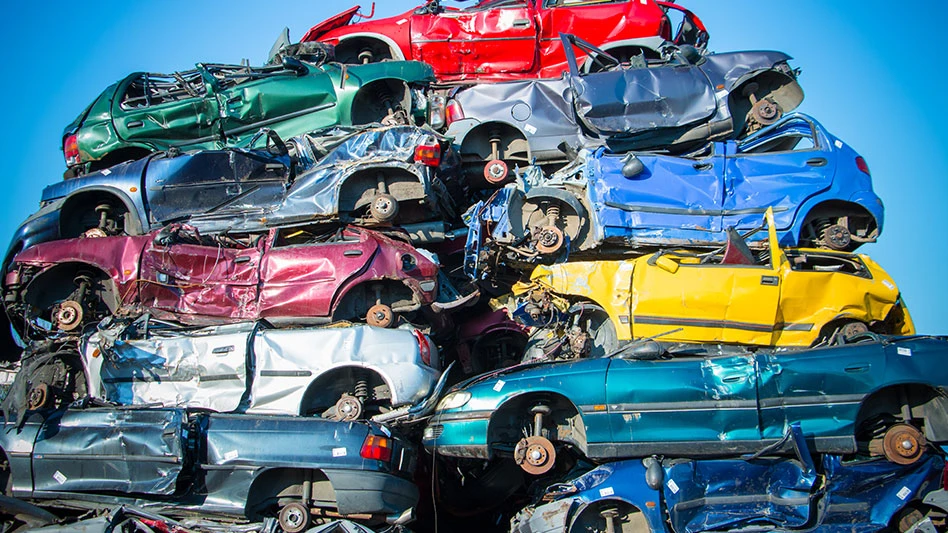
Photo courtesy of Toyota Motor North America
Toyota Motor North America, headquartered in Plano, Texas, says it is expanding its battery recycling network through a collaboration with Charlotte, North Carolina-based battery recycler Cirba Solutions.
The companies say the agreement will enhance their growing relationship by expanding Toyota’s battery recycling network and optimizing its logistics network for end-of-life battery collection for electric (EV), hybrid and plug-in hybrid vehicles.
RELATED: Cirba Solutions expands partnership with Call2Recycle
“Cirba Solutions’ large and well-established transportation and recycling network ensures Toyota has nationwide battery collection and recycling to reduce both our costs as well as our operational carbon footprint,” says Christopher Yang, group vice president of business development at Toyota Motor North America. “This moves us closer to our ultimate goal of creating a sustainable, closed-loop ecosystem for our automotive batteries.”
One of the largest battery recyclers in North America, Cirba offers a coast-to-coast collection and recycling network. The companies say their partnership will focus on the collection, transportation, dismantling and processing of end-of-life lithium-ion batteries (LIBs) from the Midwest and East Coast regions.
Processing will take place at Cirba’s Lancaster, Ohio, facility, which recently received a U.S. Department of Energy grant worth more than $82 million as part of the Bi-partisan Infrastructure Law. Cirba says its facility will use advanced technology to extract critical minerals from scrap and end-of-life batteries with recovery rate of up to 95 percent, then supply battery-grade metals back into the supply chain.
“Our collaboration with Toyota helps move toward a long-term vision of a sustainable closed-loop battery supply chain,” Cirba Chief Commercial Officer Jay Wago says. “With aligned purpose, and Toyota’s growing electric vehicle lineup in North America, we are proud to be a partner.”
Toyota says it currently collects approximately 25,000 used automotive batteries—primarily nickel-metal hydride batteries found in its hybrid EVs—from its dealership network each year and expects the number of batteries to rise as the number of battery electric vehicles it sells increases in the future. Through its agreement with Cirba, Toyota says it expects to reduce its overall transportation and logistics costs by at least 70 percent from reducing the average miles driven for collection and recycling from 1,251 to 582, based on 2022 data, and by focusing on the Midwest and East Coast regions.
In some cases, such as the Cincinnati region, the new recycling collaboration should reduce the total mileage driven for these activities by approximately 94 percent, Toyota notes. In addition, the automaker says it expects that by reducing the number of miles driven for collection and recycling activities, it will be able to make a significant reduction in transportation-related emissions as well.
RELATED: Redwood Materials expands supply agreement with Toyota
Toyota says it has sold more than 6.2 million combined hybrid and plug-in hybrid vehicles since 2000. With decades of EVs in the market, the company adds that it is focused on how to recycle, remanufacture or repurpose automotive batteries used in its EVs that have reached the end of their life, a number that the company has forecasted to likely double by 2030.
Toyota also has a new automotive battery plant, Toyota Battery Manufacturing North Carolina (TBMNC), currently under construction. The company says it expects the facility to come online in 2025 and has a total announced investment of nearly $14 billion. First announced in 2021, the North Carolina facility will have a phased ramp up for production and will support the creation of more than 5,000 new jobs to support vehicles assembled in North America.
Latest from Recycling Today
- Metso launches electric Anode Weighing and Casting Machine
- Circular by Shapiro releases "5 for Five" sustainability series
- Graphic Packaging set to close Ohio CRB facility
- Ameripen voices support for Maryland EPR bill
- Maryland county expands curbside recycling to include electronics
- California EPS ban will be enforced
- YKK AP America introduces BetterBillet
- Fresh Perspective: Cameron Keefe





